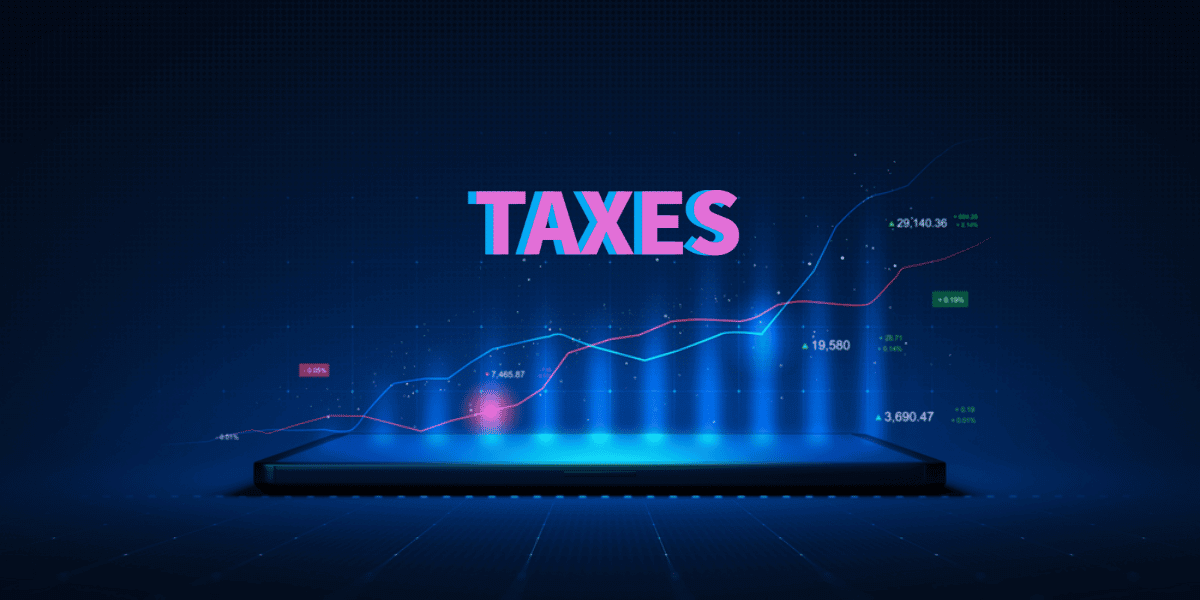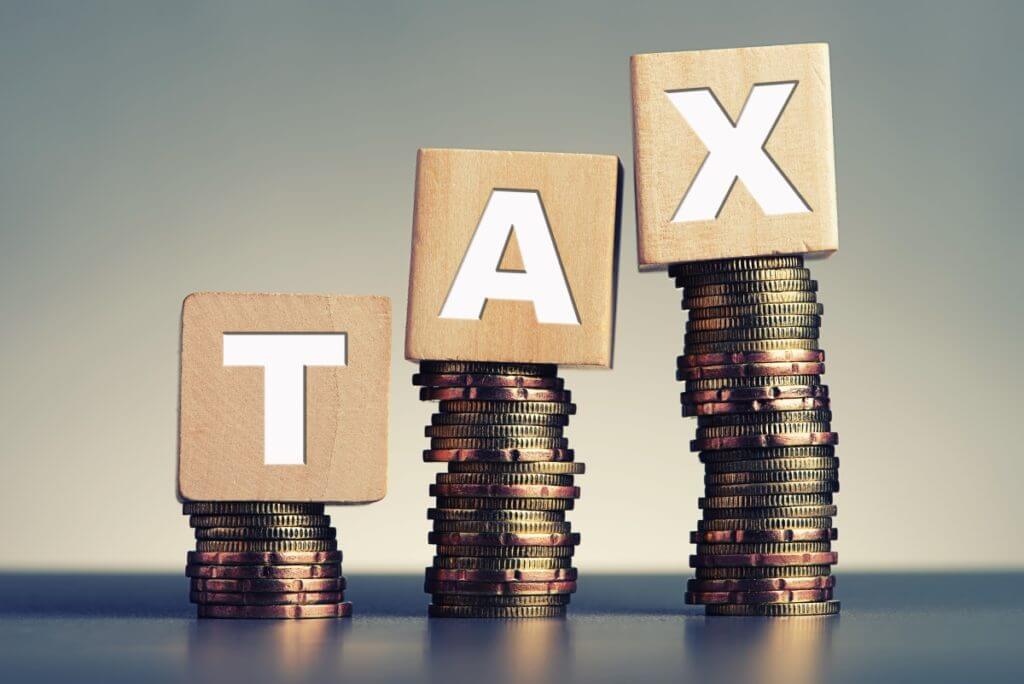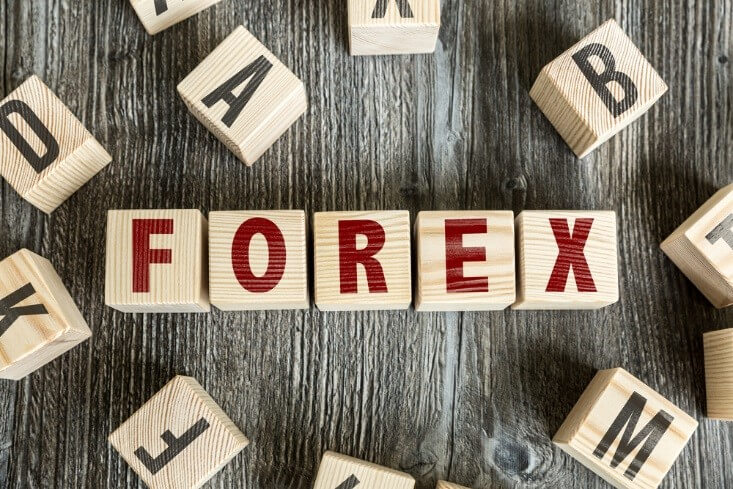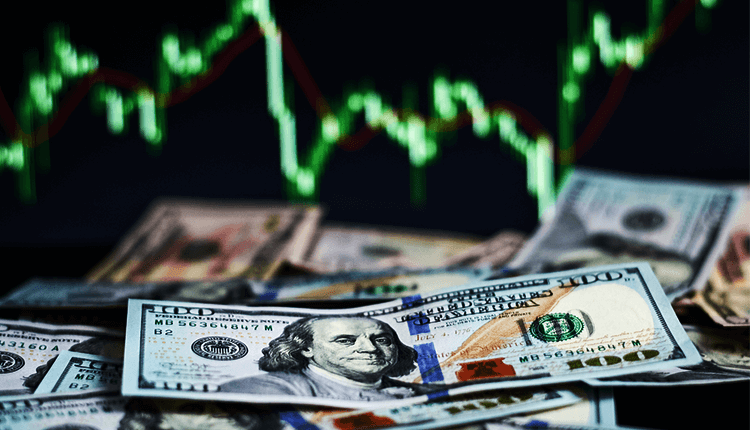
Is Forex Trading Tax Free?
Is Forex trading tax free? If yes, how to calculate its capital gains? Are you subject to filing your tax as a casual trader? Do OTC traders pay tax on Forex trading?
For the beginner trader trading in the UK or elsewhere, who wants to make a living from trading activity, these questions are fundamental! The liability for taxation depends on many factors. Let’s take a look at these.
Is Forex Trading Tax Free – How to determine taxation liability
Are you liable to pay taxes if you are a Forex trader? The answer depends on the following factors:
- Is Forex trading your primary business or just a side gig
- Are you a speculator or an investor
- Type of the instrument
- The status of the trader: professional or casual trader
Taxation can also depend on the individual financial situation of the trader. When analyzing your taxation liability, tax administration takes into account traders’ salary bracket, frequency of trading, etc. These personal circumstances require every trader to look for independent financial advice.
As you notice, questions like ‘’Is Forex trading tax free? Do I have to report Forex income? Is money made for Forex tax free’’ is not so easy to answer.
As we mentioned, it all depends on several factors related to your trading profile and trading instruments and your individual financial situation. Also, it depends on whether you are a speculator or an investor. In general, three tax types exist when it comes to Forex trading.
- Corporation tax which you pay on LTD company gains
- Income-related to taxes on final earnings
- Stamp Duty Taxes is the amount you pay if you buy shares
- Capital gains tax is the amount you pay from profit when selling assets
Is Forex trading tax free – Casual trader vs. professional trader

Tax laws usually distinguish two profiles of Forex traders: the casual trader and the professional trader. Each profile has its own specific rules, in particular with regard to the calculation of taxable income, the taxation of capital gains, any allowances, and the declaration of income.
Casual trader
You are a particular trader if Forex trading is a secondary activity for you, and the gains obtained do not constitute the most important part of your income. As a non-professional trader, your regime will be that of capital gains tax. A lump sum scheme generally applies to those who derive interest from capital placed in savings accounts.
Since your trading is regarded as a side gig, you are subject to a trading allowance that enables you to earn up to 1000 pounds tax free. If you earn more, you will be taxed at standard rates for the current tax year.
Professional trader
You are a professional trader if you invest a significant amount of capital in Forex, with very regular positions taken with significant leverage, and especially if your Forex gains exceed your other income.
As a trading professional, your regime will be that of non-commercial profits. You are like an entrepreneur who will have to declare his earnings but also his various charges such as bank charges, fees of an expert -accounting, rents, furniture depreciation, etc.
If Forex is your primary income source, you ought to pay a tax return. For the tax return assessment, check out with the tax administration in your jurisdiction.
The Tax Administration remains the sole judge of your category. It is based on these criteria to classify you in one or the other of these two categories. A beginner trader will generally be considered a retail trader.
For the occasional trader, the flat tax constitutes a system by default. You always have the option of choosing to be taxed at the progressive scale of income tax. There are indeed situations where taxation at the tax scale is more advantageous – so it all depends on yours.
Forex taxes are based on trading via derivatives or intervening directly in the market.

It is necessary to distinguish two scenarios for the taxation of Forex.
- You trade on Forex via a derivative product, and you are then subject to the taxation of derivative products.
The applicable tax regime is then that of the listed derivatives. It is the balance of your transactions closed over a year that will be affected by the tax. You must add up your capital gains and losses over a year, and you then obtain a balance to which you must apply the composite rate.
- You intervene directly in the foreign exchange market without going through a derivative product.
Forex is not an organized market, it is an over-the-counter (OTC) market, so its taxation is twofold:
If it is a secondary activity and the income from Forex is not your basic remuneration, then you are subject to capital gains tax CGT, similar to the applicable rules for shares. The balance of your capital gains and losses will then be taxed.
If you practice Forex investing on a very regular basis and you use very high capital and leverage, then you will be required to pay for non-trading profits.
It is the tax authorities who are the sole judge of the category to which you belong, and they will essentially base their decision on the amount invested in Forex.
We invite you to contact your usual public finance center to obtain your taxation rules if you have invested large sums in the foreign exchange market.
Profit from CFDs and Spread Betting
As for the UK client, the main instruments offered for trade are contracts for difference CFDs and spread betting. So what are the tax implications of these two instruments?
If you are spread betting, it is considered a kind of gambling which does not fall into the capital gains tax category. When it comes to CFD trading, it’s seen as capital since CFDs are traded for a long time frame. Therefore it’s subject to taxation.
Individual Forex trader’s circumstances

- Salary bracket
- Are you a self-employed, LTD company, or a corporate employee
- Do you have employees
- Assets involved, such as spread bets and CFD
- Quantity of trades
- Duration of trades
Therefore, even if you are sure about your tax situation, the administration could see it differently. It’s essential that you search for professional advice from a financial advisor or accountant. If you find your profit is modest, make sure to put aside the amount you would have to pay if you get a bill from the tax administration.
Not paying your Forex income tax rates: what risks?
Unfortunately, some traders are tempted to ignore the declaration of their income. But, not declaring your Forex gains exposes you to serious problems.
The first reason is that the tax authorities have means to detect your earnings, even if your trading account is opened with a broker based in Malta or Cyprus.
The UK tax administration cooperates with other OECD countries to share information on the circulation of funds and the accounts held by taxpayers in the United Kingdom with financial intermediaries (banks, brokers). Especially since it also has a “right of communication”: concretely, it can ask a broker domiciled abroad to communicate to it all the documents concerning a taxpayer…
The second reason is that the administration has three years to carry out recovery. The law even gives it ten years in the event that you have not declared your account or made any tax declaration on your activity as an occasional trader!
In other words, your Forex gains in the year 2020 could potentially be controlled until 2030.
The third reason relates to the turnaround itself. The general tax code provides, among other penalties, that the trader in violation sees his tax increased by 40% if he has deliberately omitted to declare his income. And even have it increased by 80% if it is proven that there is fraud.
Is Forex trading tax free – Conclusion

Everything we have tackled in this article is a general overview of Forex taxation rules. Therefore it’s advisable to search for professional advice to avoid finding yourself in a gray zone which can bring you many adversities and additional costs to pay.
For a beginner trader with more lost trades than gains, the issue of taxation is, therefore, not immediately a major source of concern.
Even if you are an active trader, it is very likely that Forex trading still represents a minority share of your income for the year, classifying you de facto as an occasional trader.
Of course, your Forex broker is not allowed to levy tax on your winnings. If this advances the idea that it is a discharge levy, there is a good chance that it is a scam!
It is, therefore, very important to understand that it is your responsibility to declare your income from Forex trading. To reassure you and obtain support, do not hesitate to contact your tax administration for more information and to find out how your annual income will ultimately be taxable.




